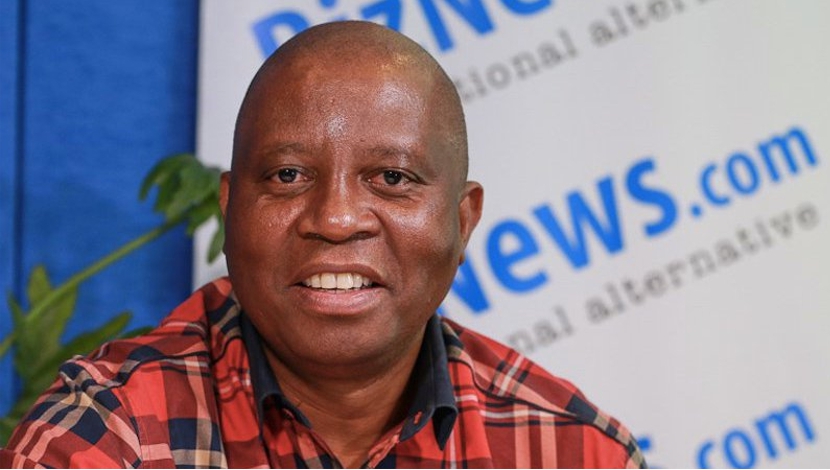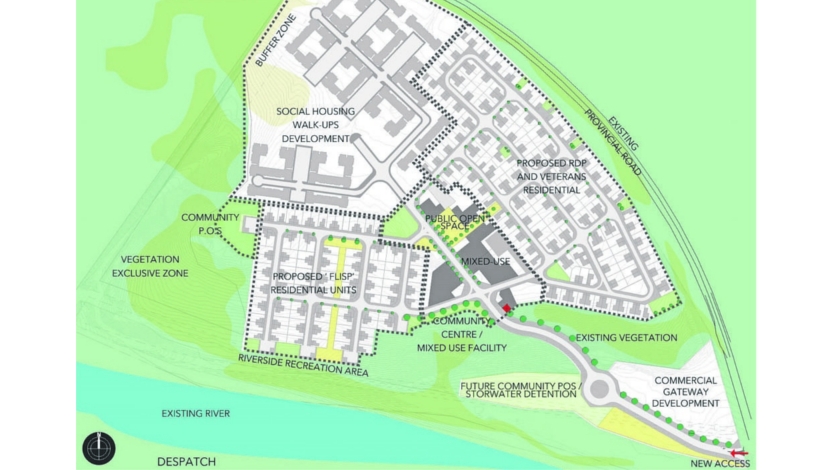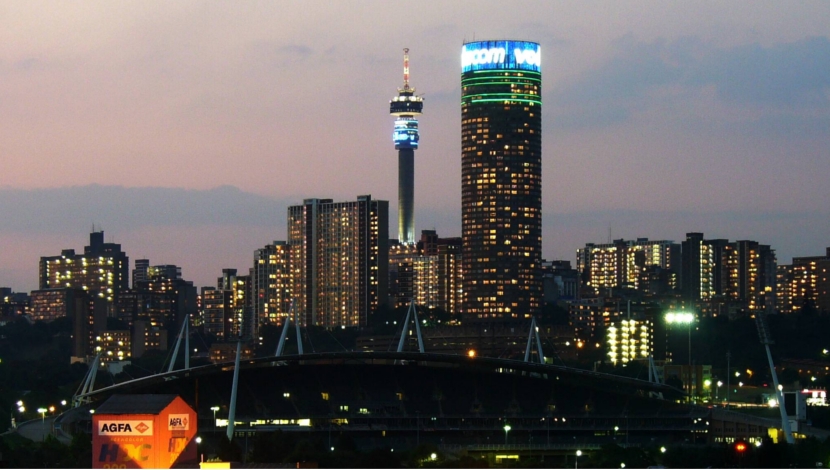

The Johannesburg city council has approved a plan to tackle the housing problem within the inner city and creating safe, clean, and connected communities with access to economic opportunities, mayor Herman Mashaba said on Sunday.
The council had made 12 city-owned properties available for creating quality low-income housing within the inner city. Since coming into office, revitalising the inner city had been a critical component of the DA-led administration, he said.
It was estimated that about 30,000 accommodation units were required in the short-term to address the needs of the most vulnerable households within the city.
The city had conducted an audit of about 500 “bad buildings”, 84 of which were confirmed as hijacked. Twenty-four of the 500 “bad buildings” belonged to the city. All of these buildings represented opportunities for creating affordable housing, Mashaba said.
“Through the inner city housing implementation plan we are set to make the inner city housing market work better for the poor. Public-private partnerships are crucial to this strategic approach.”
A number of private role players already operated within the city providing social housing. Working together, the city would be better able to meet the increasing demand for quality low-income housing.
To create incentives which brought more partners on board, the city had committed to fast-tracking development approval requirements and providing required bulk infrastructure services for driving development.
The city would invite private partners to submit proposals for the development of its 12 buildings. In assessing these proposals, chief among the city’s considerations would be the investment to be made in developing the building; the number of high density units to be developed within the building; the cost of rentals to be charged given the city’s priority for the provision of accommodation for low-income households and students; the degree of skills development set to take place through artisanal training during the construction phase; and the number of jobs created and skills transferred during and post the development.
“We will intensify multidisciplinary raids within hijacked buildings to fight criminal slum lords who live off the desperate needs of our residents. The city is also conducting socio-economic and needs audits of those living within those buildings in the hope of providing much needed support,” Mashaba said.
Further, the city was taking all possible steps to determine the identity of the true owners of hijacked buildings to reclaim these spaces.
“We must also address safety, cleanliness, and access to economic opportunities within the city. JMPD [Johannesburg Metro Police Department] has recruited 1500 new officers who will provide enhanced visible policing.
“The city has already allocated R50 million to Pikitup to include a third shift to clean the inner city. By working with all sectors of society we will be able to turn the inner city into a place of opportunity for all our residents,” Mashaba said.
More news
- N2 rehabilitation project to be completed end of this year
- Siemens to build two gas-powered electricity plants in Libya
- International team unveil 76,000 m2 waterside development in Abu Dhabi
- Gift of the Givers to unveil aquifer project in drought-stricken Beaufort West
- Kenya: one million low cost houses to be constructed over the next five years





